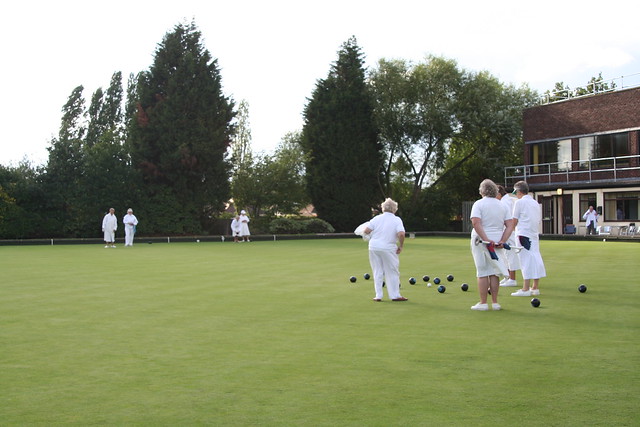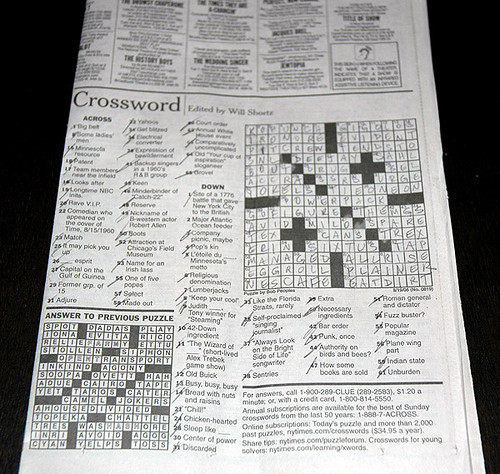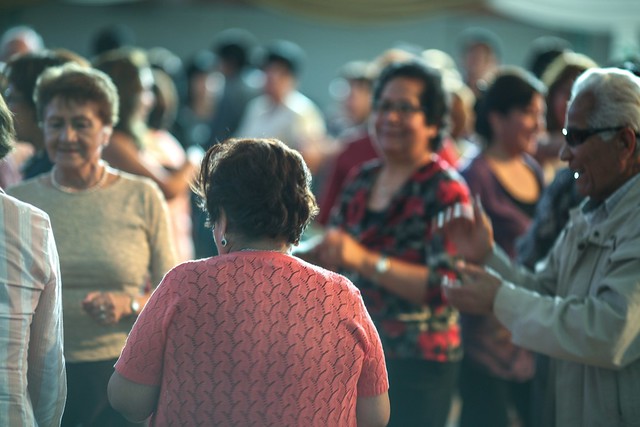When we’re young it is no problem to keep active, both physically and mentally. Just leading everyday lives meant these things are an automatic part of it all. As we get older and possibly less mobile, we sometimes need to remind ourselves that there are still things we can do!
With more spare time in retirement than ever before in our lives, time isn’t an excuse, besides keeping active is good for our health. Several articles have suggested hobbies that are more than suitable for the elderly and we cover the best of them here for you.

“Old age is no time to stop activity or learning new things. In fact, studies have shown that staying engaged in challenging mental activities after retirement is essential to maintaining mental acuity.”
Source:HiveHealthMedia
Here are some of the most popular suggestions:
Writing to keep yourself mentally active
With so much experience there are thousands of stories we can tell even if they are just about our own lives. This is good to keep our minds active and your family will love to read about times gone by. Maybe you have aspirations to be published – Mary Wesley published 11 best sellers in the last 20 years of her life, writing the first one when she was 71. Does this inspire you to tell your life story?
Gardening to keep physically fit

Being out in the fresh air is definitely good for us. Gardening too is known to improve our mental and physical wellbeing. If you find it physically demanding think of having some raised beds built so that you can enjoy this hobby even from a wheelchair. Some local colleges offer introductory courses if you have not considered gardening before. Also you could try your local horticultural association or allotments. Some areas will let a group of people get together to work a plot as a joint effort. If you cannot garden much but want to still enjoy the garden you could list it online for use by a local younger person and share the produce together. This makes you feel part of the community again, helps spare garden space to be used and offers the fruits of the labour for sharing. For links to this scheme championed by Hugh Fearnley-Wittingstall click here.
Logic puzzles to keep the brain challenged

Crosswords or Sudoku help to keep the mind active. Even reading really helps. Try reading something you wouldn’t normally for example a book on a different subject, an alternative section of the newspaper or a magazine that you wouldn’t normally pick up.
Crosswords help you to recall different words which tap into memories from when you were younger. It also has been mentioned in research along with card games (Bridge anyone?) as being good to help delay memory deterioration in conditions like Alzheimer’s.
Exercising in a fun way

Doing some exercise everyday helps to improve mobility, circulation and general health. Maybe it’s going for a walk or doing that gardening. Dancing is something else that gives you gentle exercise but is really good for you and swimming gives all your muscles a good workout whilst the support of the water makes it easier.
If you aren’t as mobile as you used to be, try exercising the parts of you that you can whilst sitting down. Most local authorities will have contact details of a seated chair exercise class near to you which is often enjoyed by members of older age groups and are designed to help mobility whilst not being too strenuous.
Age Concern has a nationwide program called ‘Fit as a Fiddle’ aimed at keeping senior citizens healthy. They say, “It is important to keep active and healthy. Our resources can support you to improve your overall fitness.” Take a look at some of their suggestions here.
